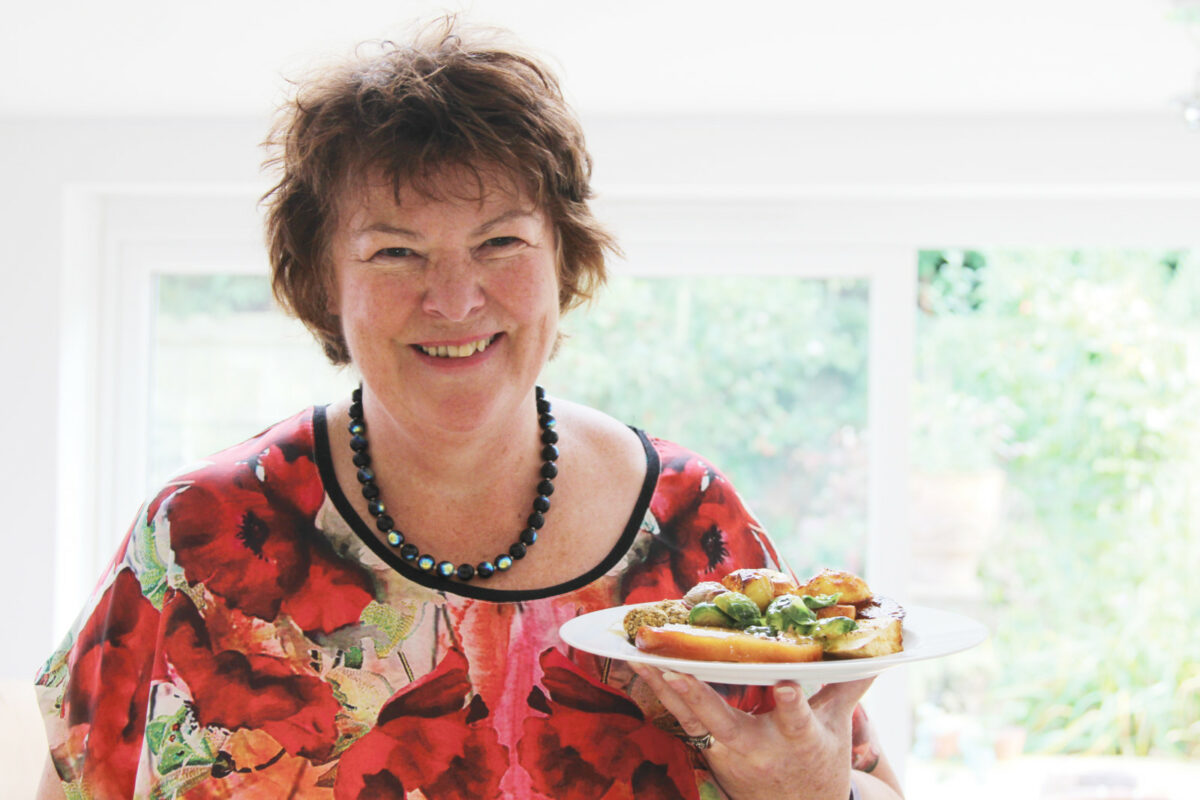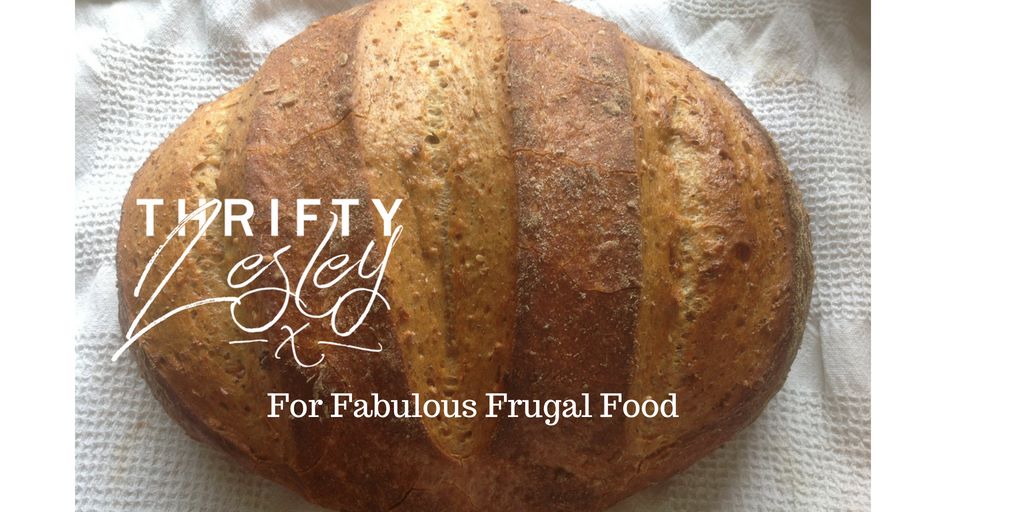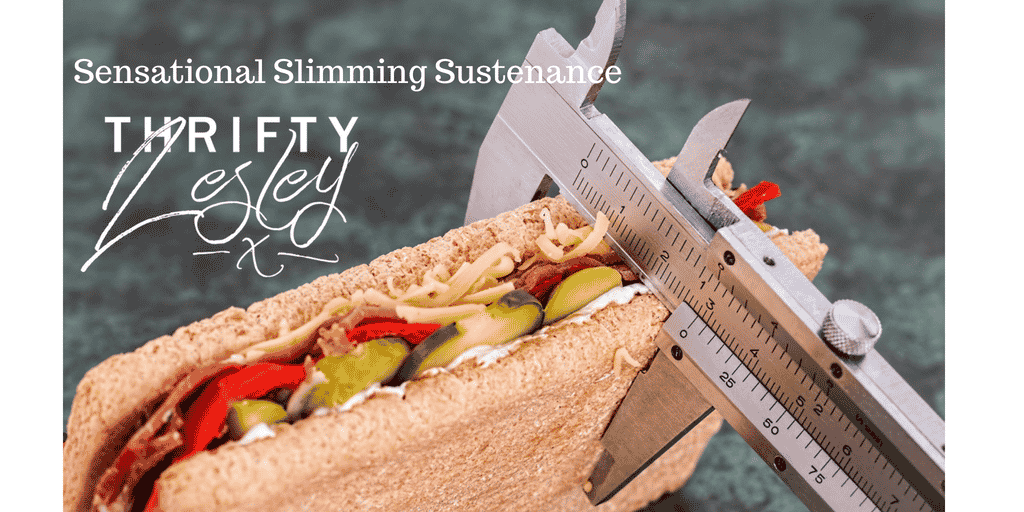Something a bit different today. A post in collaboration with The Money Advice Service who have come up with a nice infographic to remind us all of simple ways to avoid overspending when in a supermarket. Supermarkets are extremely skilled at getting us to spend more than we intended when we went in. How many times have you gone in for a loaf and come out £30 lighter? I know I have. It’s amazing how little things can add up to so much over the course of a year
SPECIAL OFFERS MAKE US SPEND £1,300 MORE PER YEAR
• Supermarket offers encourage us to spend 21% more than we intend to
• Yet when tested only 2% of us know how to identify the best deals
• Having a shopping list at the supermarket saves you £200 per year
From BOGOFs to multi-buys, special offers in supermarkets tempt the majority of shoppers to spend 21% more than they intended to .
According to research from the Money Advice Service, more than three quarters of shoppers (76%) regularly spend more than they mean to on a food shop because they are enticed by special offers and deals – parting with an extra £11.14 on average per shop. With the average person now going to the supermarket more than twice a week, they could be forking out an additional £1,274 over the course of a year . (Table 1).
Yet because supermarket deals are often cleverly displayed and phrased, we don’t always work out if they are a good deal – for instance, by comparing the value of a single item versus an item in a multipack many shoppers could avoid falling into the trap of buying something on offer even when there is a better deal available.
To further illustrate this, the Money Advice Service asked more than 2,000 consumers to select the best value options when presented with four sets of offers commonly found in the supermarket. Just 2% correctly identified the best deals in all four cases .
After special offers, close to six in 10 (59%) shoppers say shopping on an empty stomach makes them spend more. These extra items falling into the trolley vary between the genders. Women tend to go for snacks such as chocolate or sweets (60% vs 51% of men) and baked goods (43% vs 35%) — whereas men are more likely to buy meat (26% vs 21% of women), alcohol (27% vs 17%) and ready meals (24% vs 19%). (Table 2)
Seeing a deal at the tills or shopping with children also results in the average shopper spending more. Around a quarter (23%) of shoppers say they will pick something up at the till display – spending an additional £16.28 in the process on average. ‘Pester power’ also adds-up with a similar number of shoppers (26%) giving into their children and buying £15.50 worth of items each time they hit the shops to keep the children happy.
only half of shoppers stick to their budget
Shoppers in the UK can be susceptible to influence when walking through the supermarket, with only half (51%) of those who do the weekly shop managing to stick to a budget. Mental state also has a notable effect. Shopping when tired and bored will also result in the average shopper buying three additional items – spending up to £14.53 extra each time.
Preparation is the best way to guard against overspending. Those who always make a shopping list are three times less likely to overspend than those who don’t, spending close to £200 less on groceries over the year . Of those who make a shopping list or work out the meals they’re going to make before they go to the supermarket, most (61%) say it makes them feel more in control of their money.
When it comes to checking prices, look at the price per unit or compare the prices of similar weight products to make sure you are getting value for money. More than 10p of every £1 we spend goes on food , so being savvy with spending in this area will really be noticed.
John Penberthy-Smith, Customer Director for the Money Advice Service comments: “The problem is that quite often we see a special offer at the supermarket and we don’t want to miss out – so we throw it into our trolley without really thinking about whether it is a good deal or whether we actually need it.
“Often deals can be difficult to understand and compare with other prices. Then there’s waste – even if the offers are cheaper, bigger packets or 50% extra are not always good value for money if we end up chucking most of it away.
“The best thing to do if you want to save cash is to write a shopping list and try to stick to it. You can also try shopping when you’ve just eaten and you’re not tired. Just remember, buying own brands and being savvy when it comes to tempting ‘offers’ will save you money in the long run.”
[1] The average shopper spends £53.91 per shop and special offers make us spend an additional £11.14. £53.91 + £11.14 = £65.05. Percentage difference between £65.05 and £53.91 = 21%.
For more money saving tips to help you shop smarter visit the Money Advice Service website.
Table 1. What makes shoppers buy more items and spend more
| Proportion of weekly shoppers who spend more (%) | Average number of extra items they buy | Amount they spend on additional items | |
| Special offers | 76% | 3 | £11.14 |
| Hunger | 59% | 3 | £10.87 |
| Not having a plan/clear idea of what they want to buy beforehand | 49% | 4 | £13.44 |
| End-of-aisle displays | 45% | 3 | £11.91 |
| Boredom | 31% | 3 | £14.53 |
| Child(ren) / pester power | 26% | 4 | £15.50 |
| Till displays | 23% | 3 | £16.28 |
| Tiredness | 22% | 3 | £13.94 |
Table 2. What additional items the different genders tend to buy
| Proportion of men who spend extra buy this (%) | Proportion of women who spend extra buy this (%) | |
| Snacks and treats (chocolate, sweets etc.) | 51% | 60% |
| Baked goods (bread, doughnuts etc.) | 35% | 43% |
| Meat | 26% | 21% |
| Alcohol | 27% | 17% |
| Ready meals | 24% | 19% |
Opinium conducted quantitative research on behalf of the Money Advice Service; among a sample of 2,004 nationally representative UK adults aged 18+ during January 2016. The questions asked respondents about their varying approaches to their grocery shopping – including how many of them made a list and how they are affected by different states/moods and supermarket layouts.
In addition to this, the Money Advice Service also conducted a literature review looking at what academic research had already been published on supermarket tactics and tricks, and how human behaviour can be impacted by states such as hunger.
About the Money Advice Service
The Money Advice Service is an independent organisation. It gives free, unbiased money advice online at moneyadviceservice.org.uk, over the phone on 0300 500 5000, and face to face right across the UK. The Service was set up by Government and is paid for by a statutory levy on the financial services industry, raised through the Financial Conduct Authority. Its statutory objectives are to enhance the understanding and knowledge of members of the public about financial matters (including the UK financial system); and to enhance the ability of members of the public to manage their own financial affairs.
Source: Opinium. Shoppers tempted by special offers spend on average an extra £11.14 per shop. The average shopper goes to the supermarket 2.2 times a week. Therefore, if they are tempted by special offers every time they go shopping, they could be spending an additional £1,274 a year (£11.14 x 2.2 x 52).
Source: Opinium. The following four questions and answer options were presented to respondents. Respondents then had to select the option that was best value for money for each question. Only 2% of respondents were able to identify the best deals for all four questions.
Can you work out which of these deals is the best value?
1. Of the following options for milk, which represents the best deal? Please select one option
– Six pints of milk for £1.80
– Four pints of milk for £1.40
– Two six-pint cartons of milk on offer for £3.50
– Two four-pint cartons of milk on offer for £2
2. Of the following options for buying 500g of lemons, which is the most cost effective way to buy lemons? Please select one option
– One 500g pack of lemons costing £1.20
– 500g of loose lemons at £2.50 per kilo
– Buy two get the third free deal on 200g packs of lemons costing 70p each
– Buy one get one half-price deal on 250g packs of lemons costing 70p each
3. Of the following options for buying tomato ketchup, which option is the best value? Please select one option
– One 460g bottle on offer at £1.50
– One 910g bottle costing £2.49
– Buy one get one half-price deal on 700g bottles costing £2.29 each
– One 1.35kg bottle costing £3.50
4. Of the following options for buying eggs, which is the best deal? Please select one option
– Six medium eggs for £1.10
– Ten medium eggs on offer for £1.50
– Fifteen medium eggs for £2.10
– Two packs of six medium eggs on offer for £2.00
– Buy one get one free offer on packs of ten medium eggs priced at £2.20
Source: Opinium. 5% of those who make a shopping list always overspend, compared to 16% of those who don’t make a shopping list. Those who make a shopping list and always or often stick to it spend £6,374 a year, while those who rarely or never make a shopping list spend £6,591 a year — equating to a difference of £217.
Source: ONS. Family Spending, 2015 Edition, published 8 December 2015. http://www.ons.gov.uk/ons/rel/family-spending/family-spending/2015-edition/index.html
answers to the best deals
can you work it out? Answers tomorrow!




yes, I love mysupermarket too, makes it very easy to find the cheapest deal
Interesting survey, fun infographic and the questions about deals made my head hurt! I always look at the cost per kg on price labels in the supermarket, and think they should be required to include the cost per kg for deal and special offer prices too, which they don’t always include. Shame the Money Advice Service can’t mention http://www.mysupermarket.co.uk/, as I find that a good way to compare competing deals and find out which is genuinely the cheapest option.